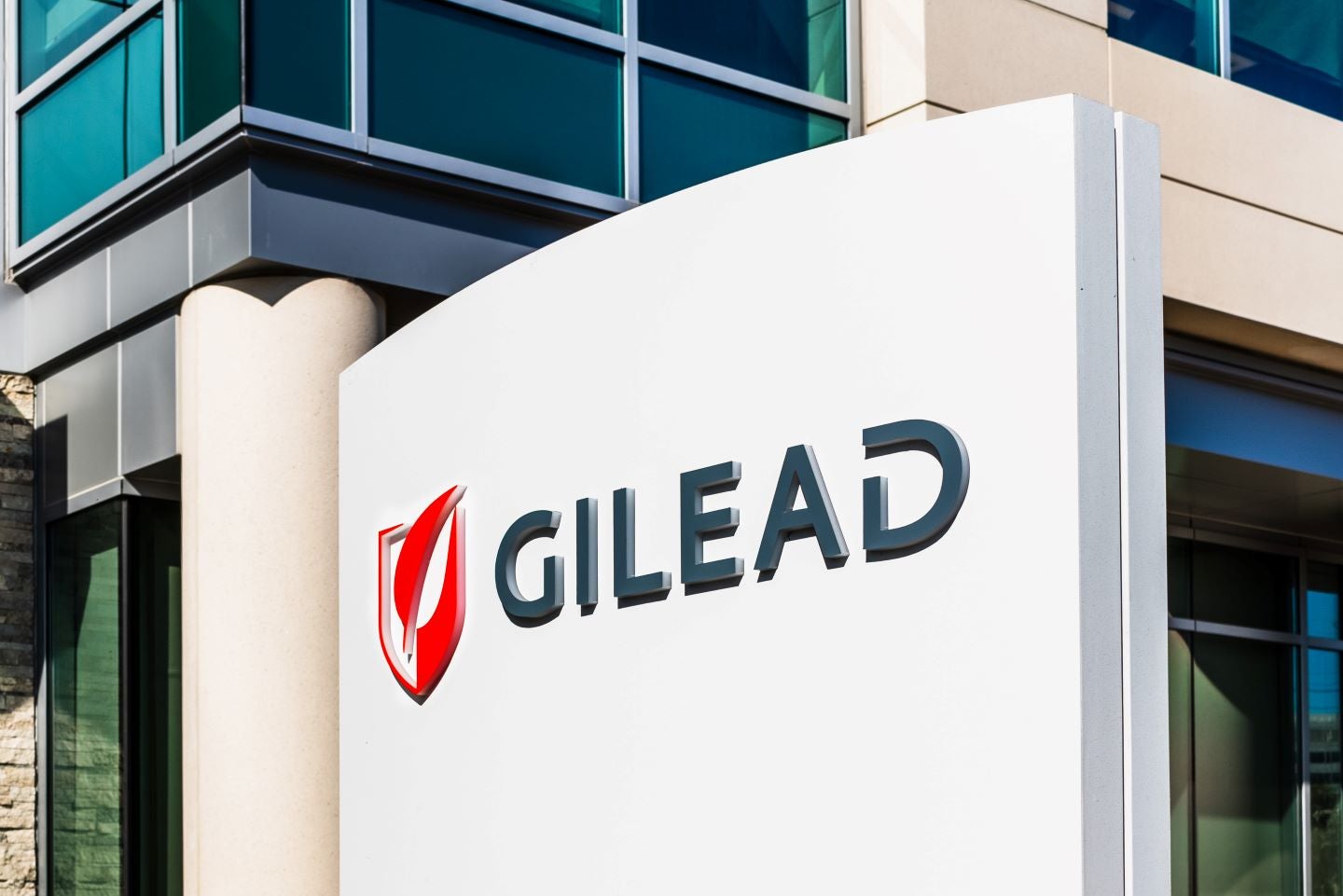Since January 2022, Gilead Sciences has either discontinued or put on hold multiple Phase III clinical trials (NCT04313881, NCT04778397, NCT05079230) of magrolimab, a potential first-in-class anti-CD47 immunotherapy, due to adverse effects or a lack of survival benefit compared to standard of care in acute myeloid leukemia (AML) and myelodysplastic syndromes (MDS). Additionally, the FDA has placed all solid tumour studies of magrolimab on a partial clinical hold, leading to Gilead’s recent announcement of a global pause on patient enrollment for magrolimab trials in solid tumours.
Magrolimab targets CD47, a protein that allows cancer cells to evade destruction by the immune system. By inhibiting the interaction between CD47 on tumour cells and signal regulatory protein alpha (SIRPα) on macrophages, magrolimab boosts phagocytosis, introducing a unique approach to combating cancer. Magrolimab has shown potential across a broad range of cancers preclinically, including AML, MDS, and various solid tumours.
The FDA’s clinical holds, following reports of heightened death risk, especially in combination therapies for hematologic cancers, underscores the challenges associated with targeting the CD47 pathway. While CD47 is overexpressed in various types of cancers, it is also expressed in most hematopoietic cells, endothelial and epithelial cells, and fibroblasts, leading to the potential toxicity of CD47-targeting agents against normal tissue.
Despite these setbacks, interest in CD47 as a therapeutic target remains strong, with 43 CD47-targeting drugs in clinical development globally. ALX Oncology‘s evorpacept, I-Mab‘s lemzoparlimab, and Viego Therapeutics’s VT-1021 are the CD47 products that are currently in Phase III clinical trials. Lemzoparlimab is a monoclonal antibody such as magrolimab, while the other two Phase III agents employ distinct modes of action.
Evorpacept is a fusion protein with a high-affinity CD47 binding domain of SIRPα linked to an inactive Fc region of human immunoglobulin. This strategy minimises toxicity by avoiding Fc receptor engagement on immune cells, thus concentrating therapeutic effects within the tumor microenvironment. Results of the Phase II/III ASPEN-06 clinical trial revealed that evorpacept’s addition to Roche’s trastuzumab, Eli Lilly’s ramucirumab, and paclitaxel had an overall response rate of 52%, compared to 22% in the control group, in HER2-positive gastric/gastroesophageal junction cancer.
VT-1021 is a cyclic peptide that stimulates thrombospondin-1, which in turn binds to CD36 and CD47 and activates CD47-mediated tumour cell phagocytosis at the CD36 receptor on tumour cells, aiming to reduce “on-target off-tumour” toxicity. VT-1021 is currently in a Phase III trial for recurrent glioblastoma.

US Tariffs are shifting - will you react or anticipate?
Don’t let policy changes catch you off guard. Stay proactive with real-time data and expert analysis.
By GlobalDataAccording to GlobalData’s analyst consensus forecast, magrolimab was projected to generate nearly $330m in sales by 2029. However, the recent clinical trial hold may signal the end of magrolimab’s development. In addition, this news confirms the challenges of treating high-risk MDS, a field that has seen no new class of treatments approved in nearly two decades. Gilead’s acquisition of magrolimab as part of its $4.9bn purchase of Forty Seven in 2020 was a high-stakes bet. Gilead’s shares have hit a one-year low, reflecting the market’s response to serial clinical trial holds over the last year.






